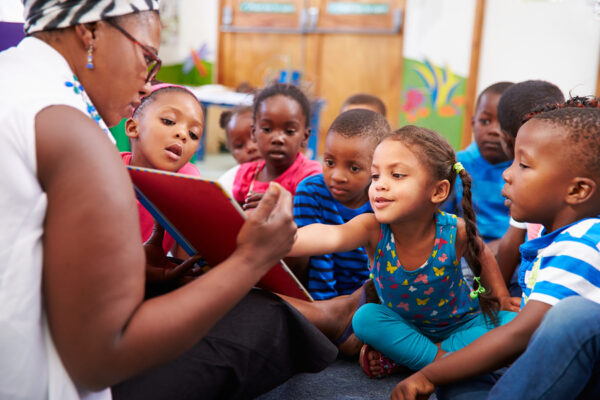A frequent criticism of the world of academic research is the tendency for critical findings to remain siloed within a particular discipline, preventing potentially beneficial connections to emerge. This separation makes the prospect of connecting valuable knowledge to policy and practice all the more challenging.
A recent paper by Turnaround for Children President Pamela Cantor and others, published in the Applied Developmental Science journal, seeks to synthesize foundational knowledge from diverse fields including psychology, early childhood, developmental science, and neuroscience. The goal is to understand human development in a way that meet the needs of the whole child.
Key findings include the ongoing complex neural development taking place within each individual and the critical importance of developmentally positive relationships in the life of a child. Of particular note for the Pre K-12 world is the effect of prolonged stress on a child’s self-regulation skills and the importance of “cultural congruence” in supporting the neurobiological conditions necessary for students to perceive themselves as learners.
This collective knowledge could pave the way for new educational practices and strategies that improve the potential of all students. Focusing on the diverse developmental pathways of children can inform a view of school design and instruction that responds to a child’s capacities and needs while building upon their prior knowledge and experience to propel their learning and contribute to their sense of ownership over their academic growth. Building on this paper, the companion article, “Drivers of Human Development,” takes a deeper look at the importance of context and actors in the healthy development of children and offers strategies for maximizing the supports we provide to teachers and families.
